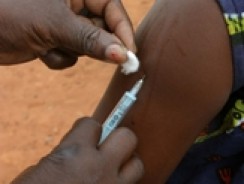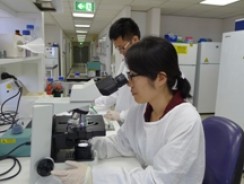The Asia-Pacific region is home to over 50 per cent of the world’s population and includes many who live in absolute poverty.
The burden from malnutrition and infectious diseases in poorly resourced communities remains unacceptably high, particularly amongst the most vulnerable such as pregnant women and young children.
In the Global and Tropical Health Division, we are committed to tackling key areas of public health concern, including malaria, tuberculosis, bacterial infections, and maternal and child health and nutrition.
With a focus on translational research (from bench top to bedside, evidence to policy, policy to practice), we shape our research program through close collaboration with a diverse range of healthcare providers, policy makers and researchers from countries across the Asia-Pacific region. Our aim is to find meaningful and relevant ways to improve the health of people in this region.
-

Malaria
Malaria is a major cause of death in the Asia-Pacific, infecting around 500 million people annually.
-
Melioidosis
Melioidosis is a common cause of serious pneumonia and blood poisoning in the Northern Territory, Australia.
-
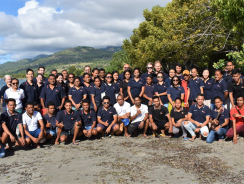
Timor-Leste
We work with the Timor-Leste Government and partners to strengthen health systems for responding to infectious diseases challenges. Our projects in Timor-Leste have been designed to build capacity in clinical, surveillance and laboratory settings,...
-
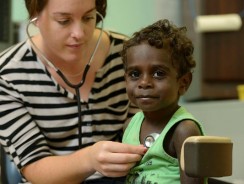
Rheumatic heart disease
Is caused by one or more episodes of acute rheumatic fever that leave the heart valves so damaged that they can no longer function adequately.
-
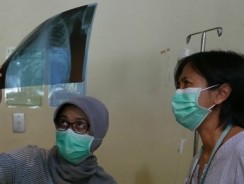
Tuberculosis
Tuberculosis (TB) is one of the world’s leading infectious causes of death.
-
-
Other tropical and emerging infectious diseases
Each year, millions of people die from infectious diseases and malnutrition.
-

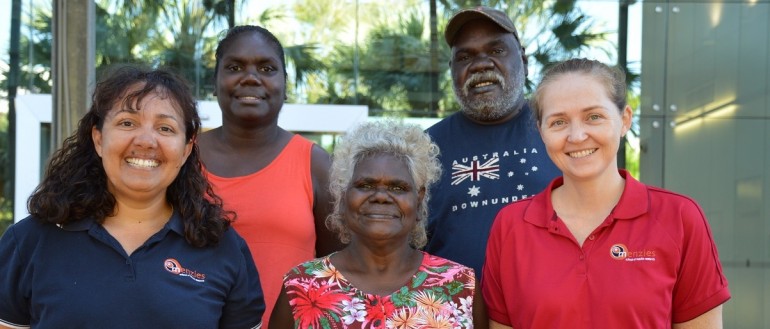
.JPG&w=244&h=184)
